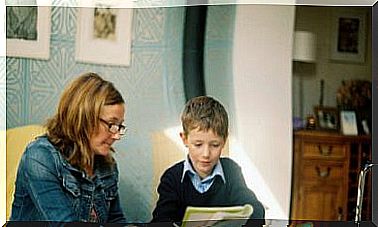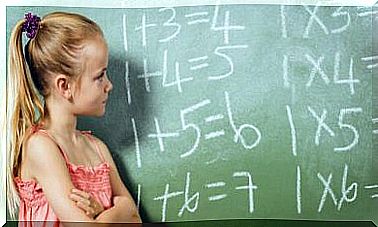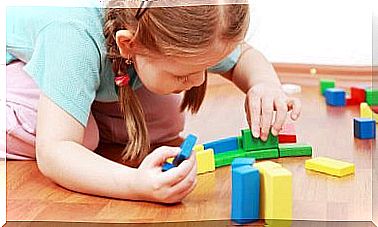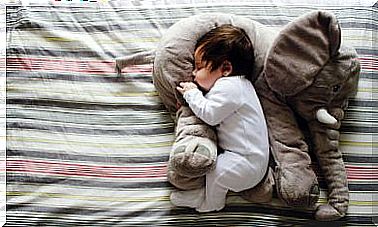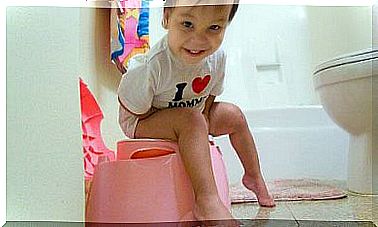How Do Toxic Parents Act?
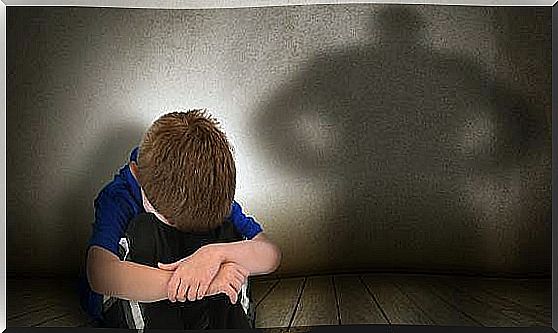
Toxic parents form problematic relationships with their children. Children who, if they don’t develop enough emotional intelligence on their own and let go of their parents’ unhealthy love, will become dependent, unhappy, and vulnerable in the extreme.
Toxic parents and their behavior
Although the behavior of toxic parents is evident, they are not always identified by their children. In fact, this is very difficult to happen. Usually, and unfortunately, children do not realize that they have toxic parents until later. In youth, in adult life, in old age. It may even be that they never notice.
The behavior of toxic parents is varied. Among many, we can mention:
authoritarian
Principle:
You must do this, be like that, feel and think that way because I’m saying.
Consequence:
Submissive, dependent, complacent and low self-esteem children. Little confidence in themselves. 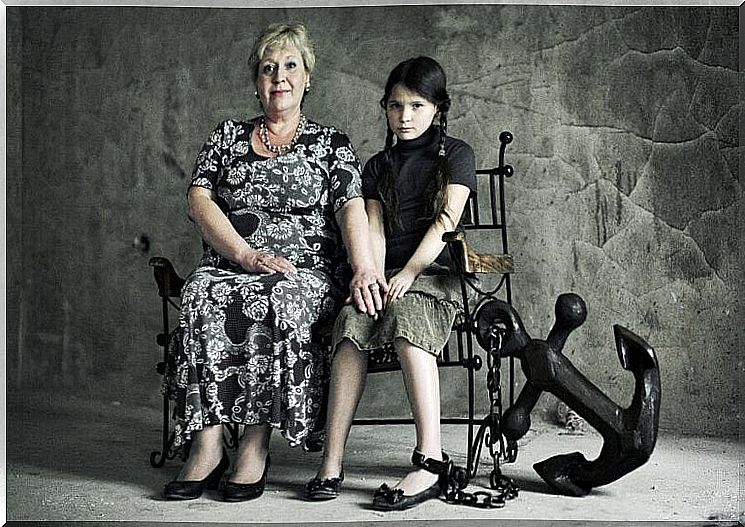
Overprotectors
Principle:
Don’t do, feel or think anything before I check it out first. You must always be under my supervision so as not to suffer, make mistakes or be harmed.
Consequence:
Incapable children, afraid of everything and everyone. Lack of initiative.
eavesdropper
Principle:
I have the right to meddle in your life, chase you and know everything because I gave my life and created you.
Consequences:
Lying, rebellious, submissive children…, according to each individual.
However, there is a kind of “toxicity”, so to speak, that is prevalent in females. Toxic mothers of the “suffering” type are lethal; fatal to their children’s independence and emotional development. Next, we’ll talk about them.
A toxic mother, very toxic
A toxic mother who specializes in suffering is sacrificed in excess, or at least that’s what she demonstrates to her child from an early age.
She acts through emotional blackmail. As the child grows, she takes it upon herself to make clear what she had to put off and sacrifice for the sake of raising the child.
It is important to emphasize that the “suffering” toxic mother does not act mean. She firmly believes that mother’s love is sacrifice, suffering; a suffering so great that it is painful.
Although there is no specific reason for their behavior, their way of acting is due to real fears that the child in question will grow up and leave home, love someone else or realize they don’t need them. The child’s distance, for her, means death.
The “suffering” toxic mother manipulates the child in such a way that makes him believe that she is and always must be the protagonist of his life.
She turns him into a puppet and manipulates the strings with the clear objective of making the child keep waiting for what she needs or might need. She teaches her son that, even after he’s grown up, their relationship should be the main one.
A “suffering” toxic mother raises her child in such a way as to make him believe that it is his duty to take care of the mother. And even after the child grows up, gets married and has children, she should be a priority in his life.
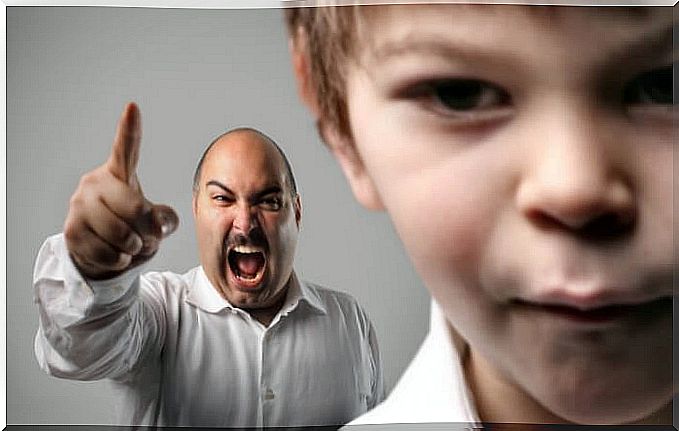
The son of a “suffering” toxic mother
The child of a “suffering” toxic mother who cannot let go of the “disease” he contracted at birth (his own mother) will never lose the umbilical cord that holds him back.
As you grow older and your mother gets older, the relationship of “suffering love-I am united with you” will turn into “pitying love-I owe you for all your sacrifice” and, in the end, remains at her mercy.
A child who has a mother of this type is educated, submissive, overly complacent, studious…a model child.
Any mistake made makes her feel extremely guilty for the pain her mother may feel. Even when the mistake is as trivial as breaking a plate.
Consequences of Toxic Parents’ Behavior
Children who have toxic parents turn into embittered, pessimistic children and adults with great low self-esteem. On the other hand, they can also become rebellious and even vandalize.
Whatever the case, children of toxic parents have difficulties establishing healthy relationships with their peers and can become emotionally unstable.
